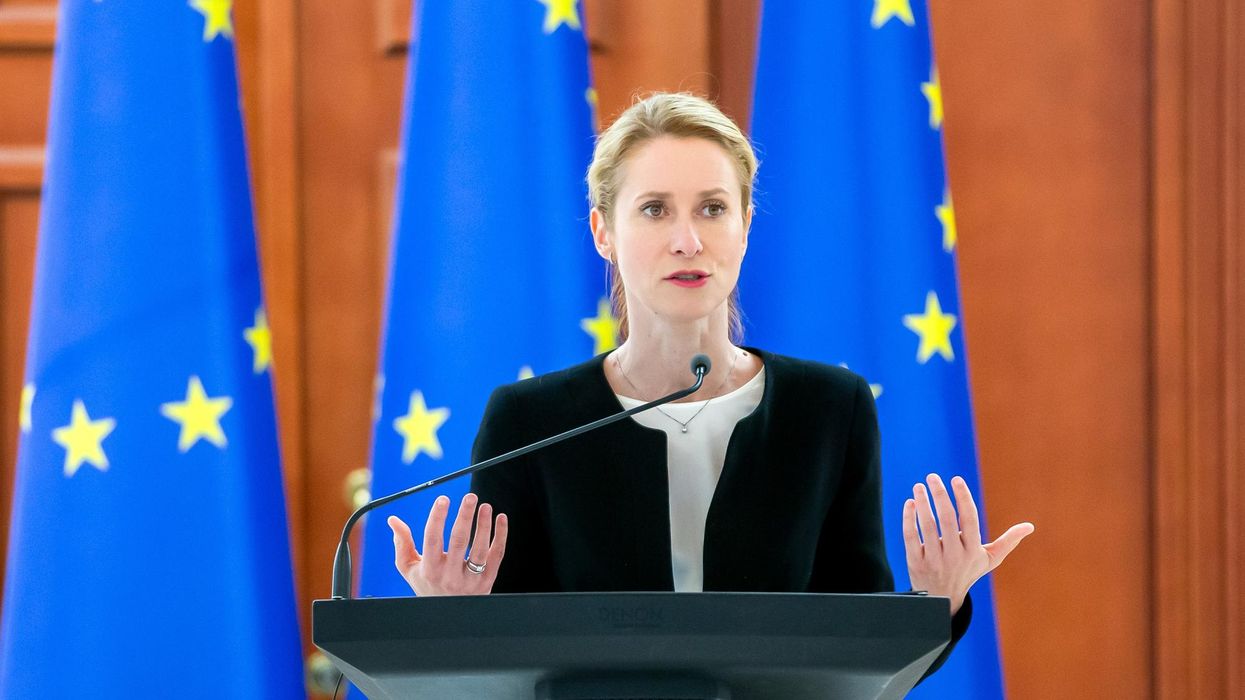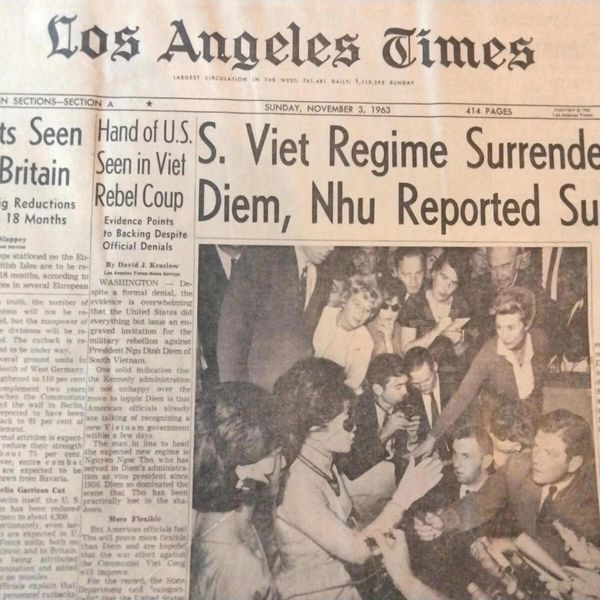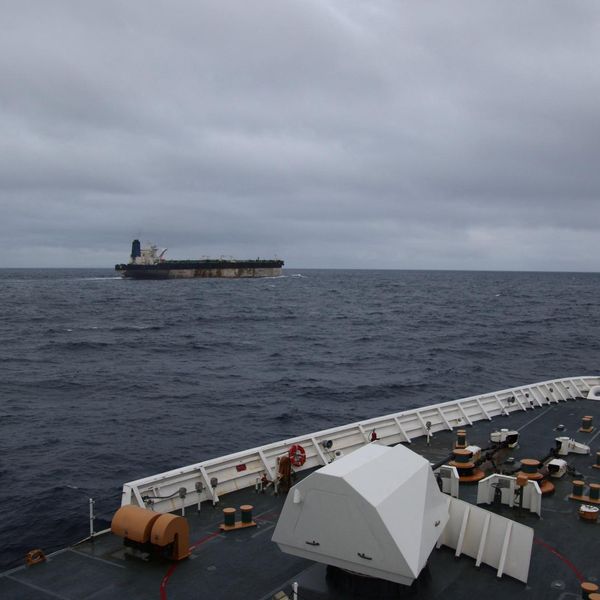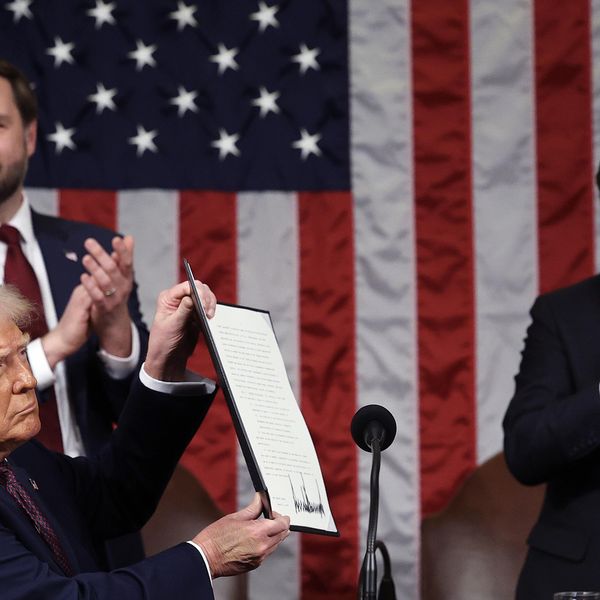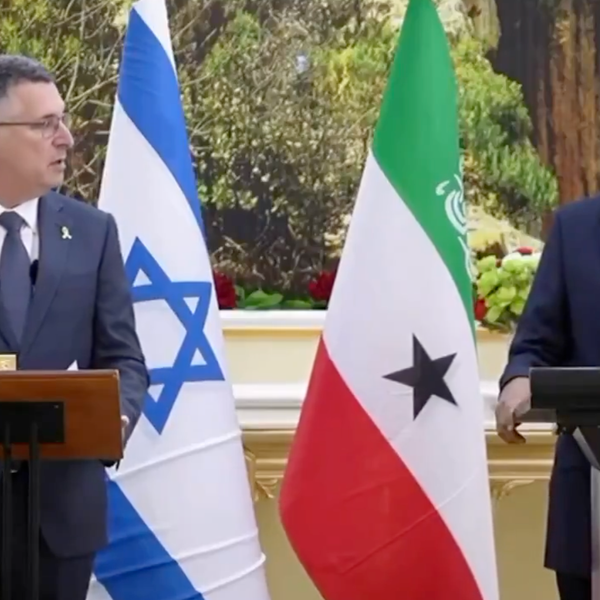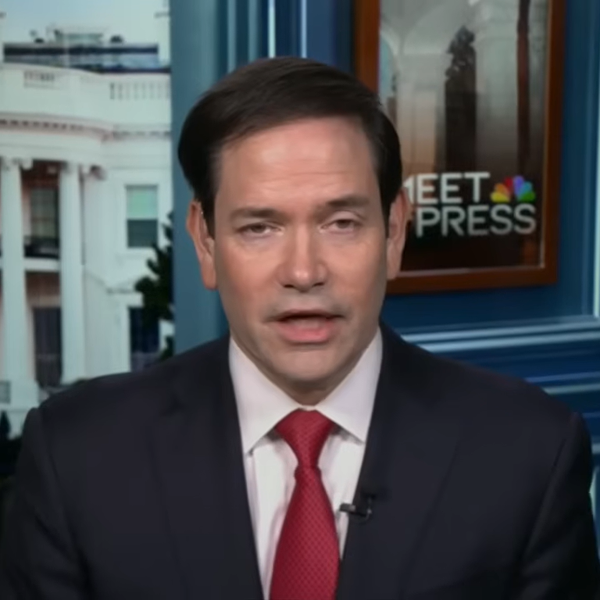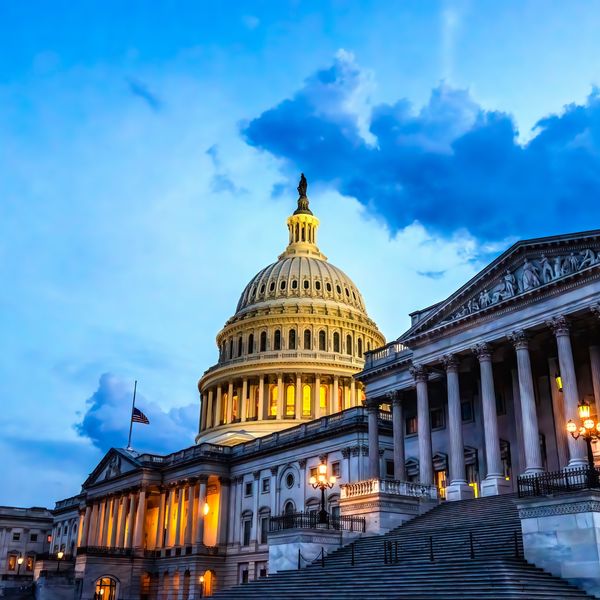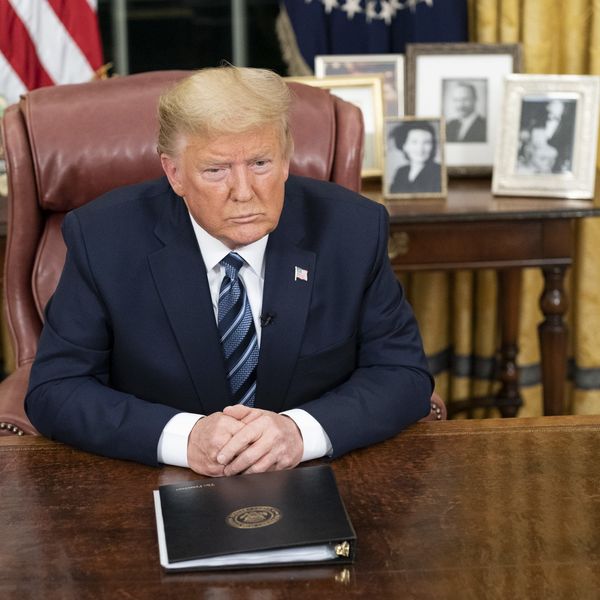A large majority of Americans support talks aimed at reducing tensions with North Korea and China, according to a survey released Friday by The Harris Poll. The results are at odds with the state of opinion in Washington, where policy elites continue to one-up each other over how to respond to an incident in which an apparent Chinese surveillance balloon flew over the U.S. in recent days.
Two-thirds of respondents agreed that the U.S. should “engage in dialogue as much as possible to reduce tensions” with China, while 20 percent said Washington should “not restart official dialogue and instead spend more money on military build-up.” Support for talks focused on deescalation went up by five points since 2021, when Harris last asked the question.
Meanwhile, 68 percent of Americans polled told Harris that President Joe Biden should offer to hold direct talks with North Korean leader Kim Jong-Un, and 58 percent said the United States should offer diplomatic or economic incentives “in exchange for steps toward denuclearization.”
In Washington, optimistic views of China’s geopolitical rise have soured in recent years, as demonstrated by the ongoing controversy over what appears to be a Chinese surveillance balloon. While some experts (including Pentagon officials) were quick to point out that the Chinese balloon posed no threat, the incident caused an uproar among many foreign policy elites, which no doubt contributed to Secretary of State Antony Blinken’s decision to postpone a scheduled trip to Beijing this past weekend.
As for North Korea, Biden has balked at the idea of changing U.S. policy toward the isolated state, opting instead to leave severe sanctions in place while expanding military cooperation with South Korea. And increased tensions with Russia and China have largely pushed issues related to North Korea to the periphery of policy making conversations.
Harris conducted the online survey from January 17-19 on behalf of the American Friends Service Committee, a prominent Quaker anti-war organization. The results are weighted to be representative and are based on a sample of 2063 American adults.
The pollsters also found increased support (59 percent) for establishing a diplomatic presence in North Korea since 2021, when a slim majority of respondents (52 percent) approved of the idea.
Notably, Americans appear to have warmed to the idea that the U.S. should formally end the Korean War by seeking a full peace agreement to replace the ceasefire accord that has largely held since 1953. Slightly more than half (52 percent) of respondents endorsed such a policy, an 11 point jump since 2021.




